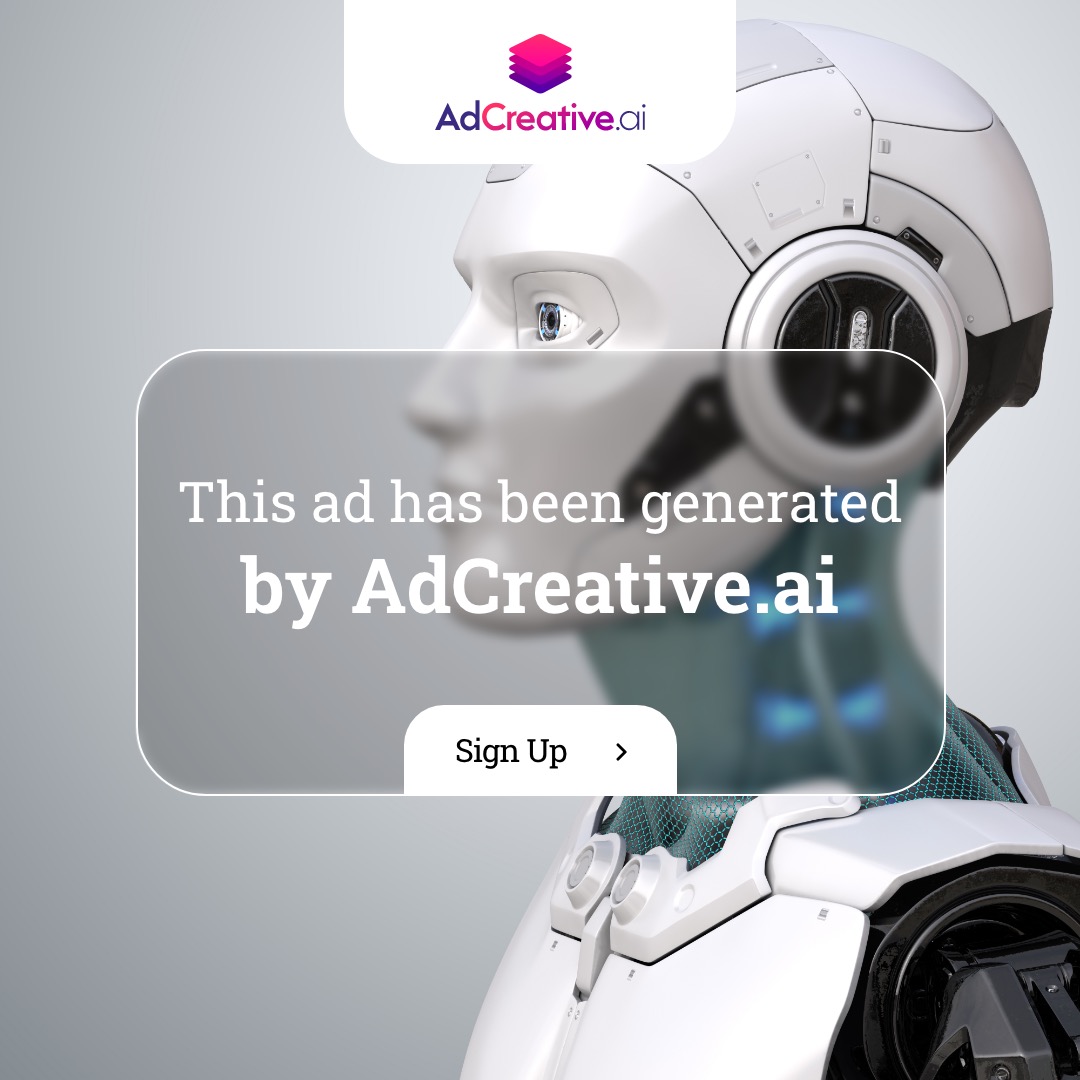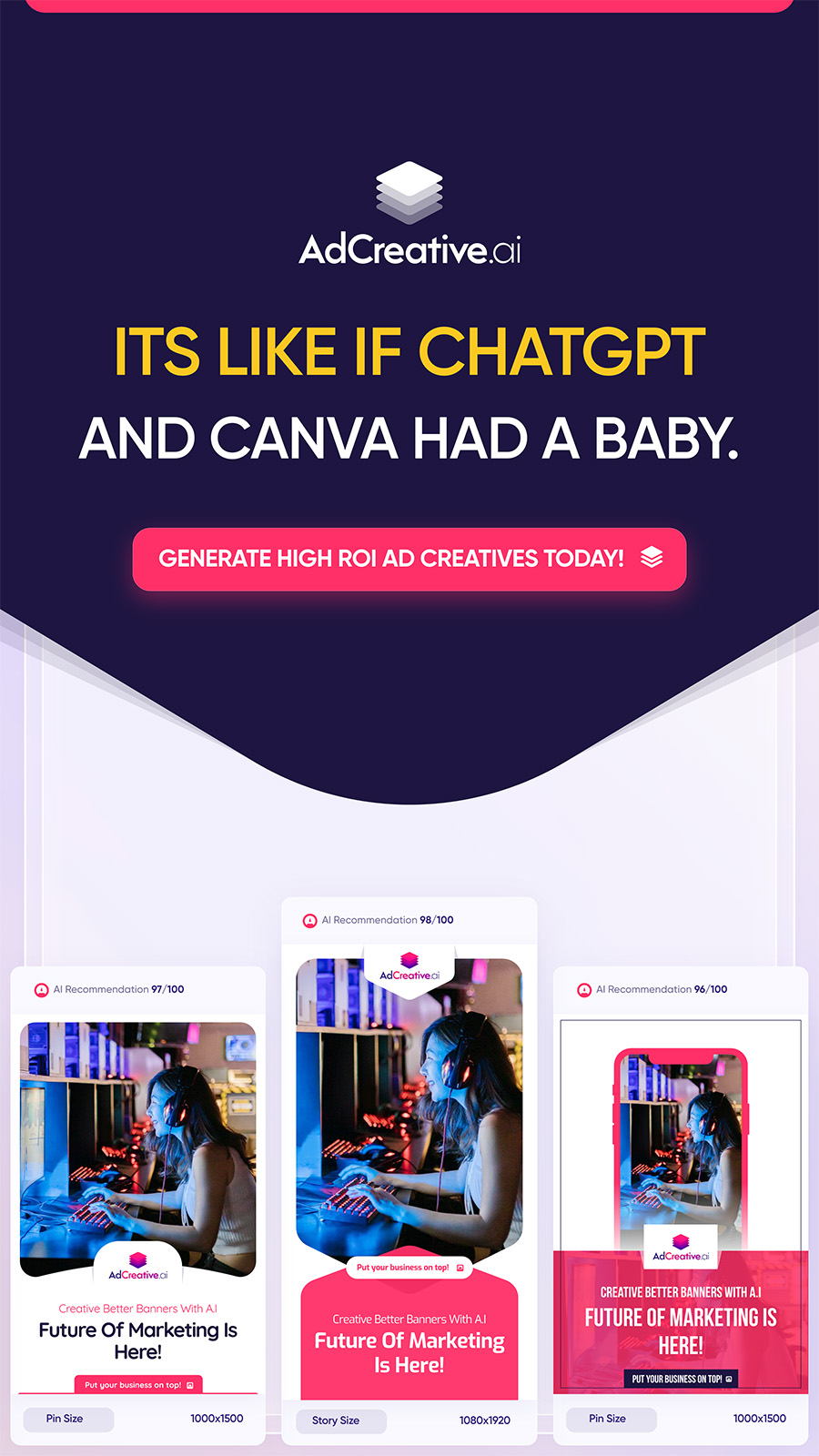Generative AI is a type of artificial intelligence that can create new content, such as text, images, and music. This technology has the potential to revolutionize many industries, from marketing to healthcare.
In recent years, there has been a rapid growth in the development of generative AI. This is due to the increasing availability of large datasets and the development of more powerful machine learning algorithms.
Generative AI is being used in a variety of ways, including:
- Marketing: Generative AI can be used to create personalized marketing content for each individual customer. For example, a company could use generative AI to create email marketing campaigns that are tailored to the interests of each recipient.
- Customer service: Generative AI can be used to create chatbots that can answer customer questions and resolve issues. This can free up human customer service representatives to focus on more complex tasks.
- Product design: Generative AI can be used to create new product designs. For example, a company could use generative AI to design a new line of clothing that is tailored to the latest trends.
- Healthcare: Generative AI can be used to create new medical treatments. For example, a company could use generative AI to design a new drug that is more effective at treating a specific disease.
The rise of generative AI has the potential to have a profound impact on many industries. As this technology continues to develop, we can expect to see even more innovative and creative applications of generative AI in the years to come.
Here are some additional benefits of generative AI:
- Increased efficiency: Generative AI can automate many tasks that are currently done by humans, which can free up time for humans to focus on more creative and strategic work.
- Improved accuracy: Generative AI can be trained on large datasets of data, which can help it to generate more accurate and realistic content.
- New opportunities: Generative AI can create new opportunities for businesses and individuals. For example, businesses can use generative AI to create new products and services, and individuals can use generative AI to create new art and music.
However, there are also some challenges associated with generative AI:
- Bias: Generative AI models can be biased, which means that they may generate content that is not representative of the real world. This can be a problem for businesses that use generative AI to create marketing content or customer service chatbots.
- Intellectual property: Generative AI models can be used to create new content, which can raise intellectual property concerns. Businesses need to be careful to protect their intellectual property rights when using generative AI.
- Safety: Generative AI models can be used to create harmful content, such as fake news or deepfakes. Businesses need to be careful to use generative AI responsibly and to take steps to mitigate the risks of harmful content.
Despite these challenges, the potential benefits of generative AI outweigh the risks. Generative AI is a powerful technology that has the potential to revolutionize many industries. As this technology continues to develop, we can expect to see even more innovative and creative applications of generative AI in the years to come.







0 Comments